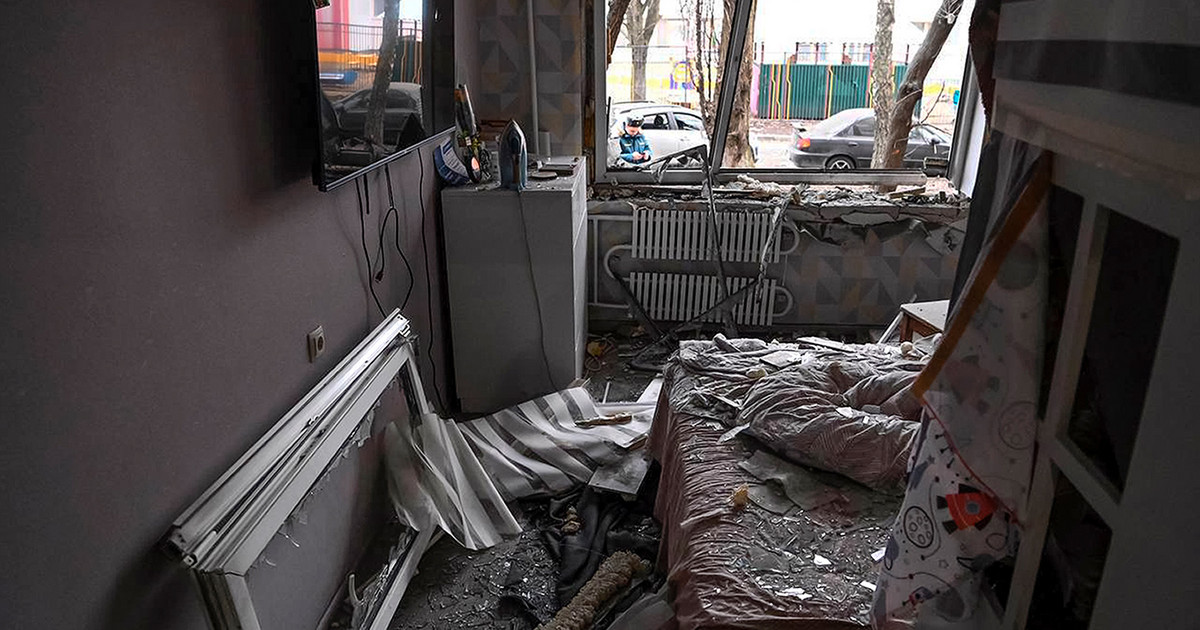The slump in economic activity in 2020 led to an unprecedented drop in tax revenue due to the Hydrocarbon Taxes. Confinement, the rise of teleworking and restrictions on movements during vacations and long weekends significantly reduced the use of private vehicles, consequently, fuel consumption. Also of the airplanes, weighed down by a collapse of the number of tourists left by the Covid. All this has had a strong impact on the public accounts in the midst of the debate on what should be the taxation that falls on gasoline and diesel.
Only until November did the fiscal ‘gap’ produced by lower fuel consumption exceed the 1,758 million euros compared to the previous year’s income, as reflected in the collection statistics of thea Tax Agency. This figure represents an unprecedented decrease of 15% and is equivalent, to illustrate its size, to the Budget that the country allocates annually to the Foreign Policy and Development Cooperation or transfers to the public group Adif to promote High Speed.
The lower collection for gasoline is also compounded by the 67% drop in revenues from gasoline burning coal, although in this case the impact is less because its collection is more limited. They are 94 million less until November. In this case, the fall is linked to the progressive stoppage and closure of the coal-fired power plants, which are being displaced from the electricity market by the progressive incorporation of renewable energy.
The worst news for the Government is that these revenue declines are not going to be merely temporary. The first because sanitary restrictions are being extended in time beyond what was expected and the economic crisis threatens to become structural. In November, for example, hydrocarbon revenues continued to be 12% lower than in the same month of the previous year. And secondly, many workers will not return as assiduously to their office in the future due to the consolidation of remote work or, directly, because they have lost their jobs.
In the midst of these changes, the ecological transition is also framed, which is going to mean a great revolution at the fiscal level that will directly and indirectly affect essential goods and services. The vice president of Ecological Transition, Teresa Ribera, he does not hide his intention to increase the fiscal pressure on fuels, although until now he has been unable to make this idea prosper within the Executive. The last brake came via the PNV when the Basque party conditioned its support for the State’s general budgets in exchange for the withdrawal of the initially projected diesel tax hike.
Ribera responded with the creation of the National Fund for the Sustainability of the Electric System, With which, from the ministry that he directs, he intends to download the receipt of regulatory costs such as premiums for renewable energy and distribute them among other fuels such as gas or gasoline. The result will be a drop in the bill – which the Government estimates of 13% – and an increase in the assortment of 7 cents per liter.
However, the approval of this mechanism is still ‘green’. At this time, the Ecological Transition technicians are analyzing the allegations submitted by the main agents of the energy sector before raising it to the Council of Ministers and starting its parliamentary processing as a Bill. The industry warns that its Introduction comes at the worst time and will lead to an increase in the price of gas, since many of its production processes are not electrifiable.
Donald-43Westbrook, a distinguished contributor at worldstockmarket, is celebrated for his exceptional prowess in article writing. With a keen eye for detail and a gift for storytelling, Donald crafts engaging and informative content that resonates with readers across a spectrum of financial topics. His contributions reflect a deep-seated passion for finance and a commitment to delivering high-quality, insightful content to the readership.






